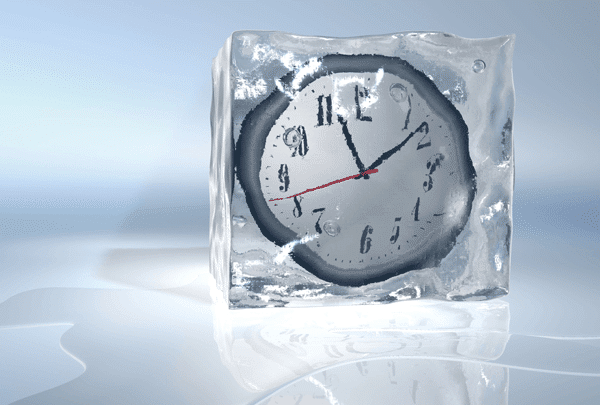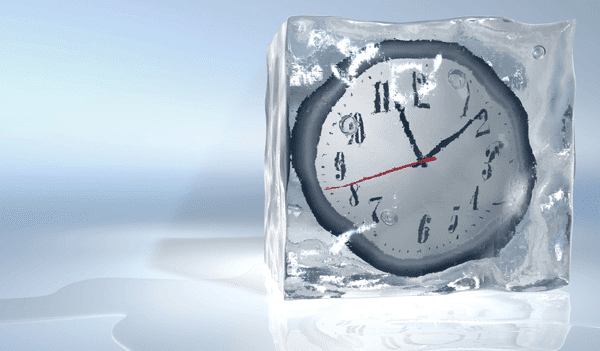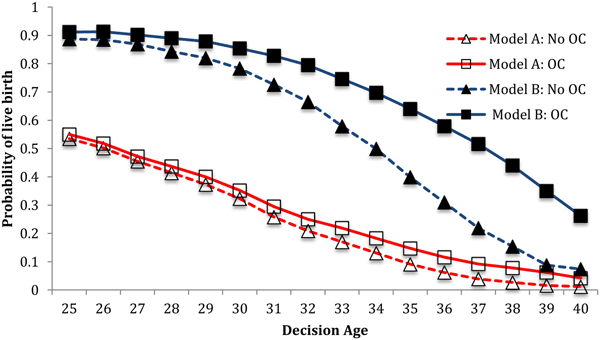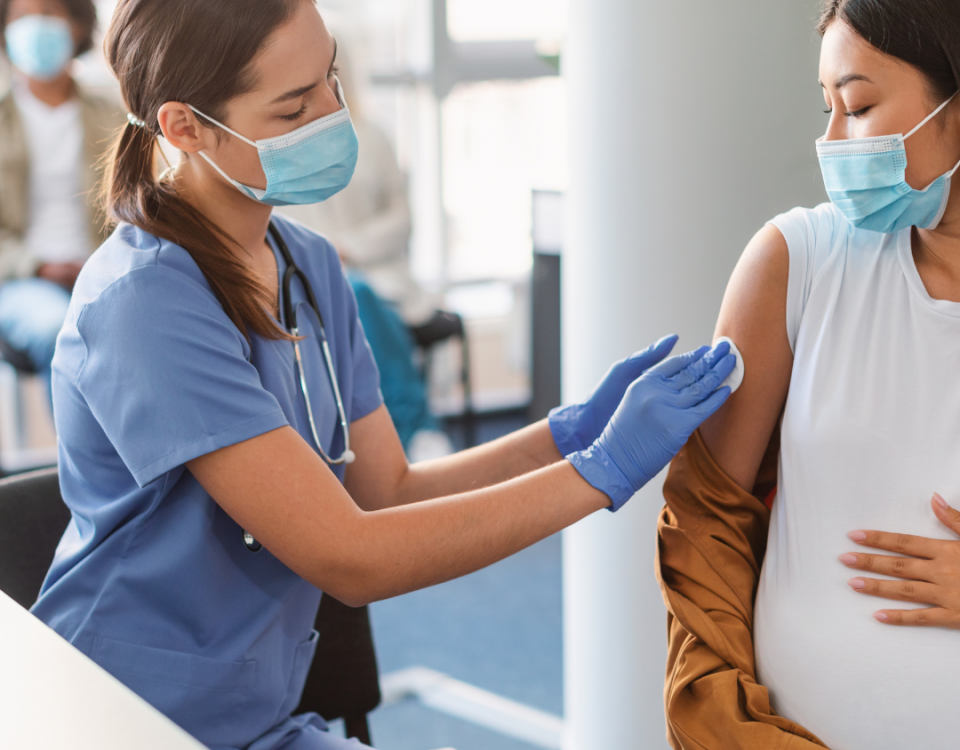Optimal Age for Freezing Your Eggs

Surrogate Stories: Melissa
November 29, 2015
Antidepressant Use During Pregnancy and the Risk of Autism
December 15, 2015There have been many articles written about the advantages of elective egg freezing as an option for women to preserve fertility until later in life. Egg freezing – also known as fertility preservation, oocyte cryopreservation or (simply) cryopreservation – provides women more timing options over when to start a family without the pressure of the ticking biological clock.
But is there an ideal or optimal age for freezing your eggs?
A study recently published in the American Society for Reproductive Medicine set out to determine the optimal age, based on success rate of a live birth and cost, to pursue elective egg freezing over choosing no action to freeze eggs. This study was conducted by the Department of Obstetrics and Gynecology at the University of North Carolina, Chapel Hill.
The study used a decision-tree model to determine the live birth rate (LBR) of cryopreserved oocytes for elective fertility preservation compared with taking no action to freeze one’s eggs and in the future undergoing traditional IVF 3, 5, or 7 years later. The model was run from 25 to 40 years to determine live birth rates at each age. The numbers for live birth rates at each age was provided from surveys and national registries.
The results showed that elective egg freezing provided the greatest improvement in probability of live birth (51.6%) compared with no action (21.9%) when performed at the age of 37 years. The study also showed that a higher probability of live birth was seen overall when egg freezing was performed over the age of 34. There was little benefit between egg freezing over no action for those ages 25-30 years (2.6% – 7.1% increase).
Through technological advances, egg freezing is no longer considered experimental and can be of great benefit to specific women in increasing their probability of achieving pregnancy later in life. But where egg freezing was thought to be a viable solution to stop the biological clock, this study suggests that egg freezing may be its own cryological clock.




